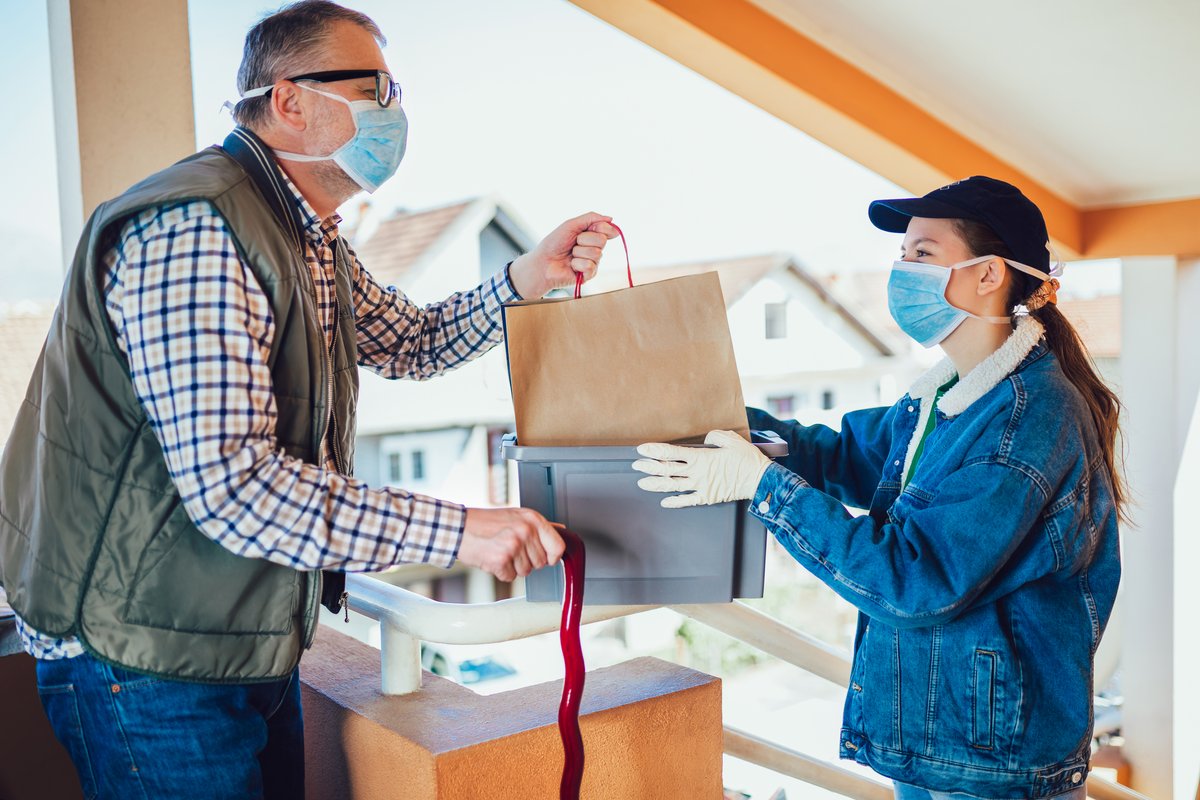Abstract
The COVID-19 pandemic and government regulations intended to contain it massively challenge many people in Germany in their everyday lives. Citizens who used to live autonomously suddenly become dependent on aid rendered by strangers, for example because they belong to a risk group, because they have lost their income, or because of other needs such as in childcare or emotional support. In this module we investigate how the emerging need for aid has resulted in new-found local solidarity. We are interested in those persons who help others, as well as in who receives help, and in whether these initiatives are really new or based on existing arrangements for rendering aid to persons in need.
Module Description
Based on our survey, we can show what kind of arrangements for rendering help have newly arisen and in what ways existing networks have been activated. We are especially interested in inequality in giving and receiving help. Our analysis shows that the pandemic and the measures taken to contain it, such as restrictions on leaving the home, have created new demand for help, but also activated a new reservoir of potential helpers. All in all, almost half of our respondents is engaged in helping others during the corona crisis. About one in four of these help arrangements have been newly created. Existing networks such as families, but also circles of friends and neighbours, play a central role.
New help arrangements primarily include former strangers. Although the increase in "new" (and possibly temporary) help looks small at first glance, the impact of this kind of support should not be counted for little. It shows that the readiness to help, spontaneously and quickly, is high even outside small, existing networks. Overall, our results show a substantial amount of local solidarity in this crisis.
Results
We have compiled the results of our survey in a research report available for download here (German only).

